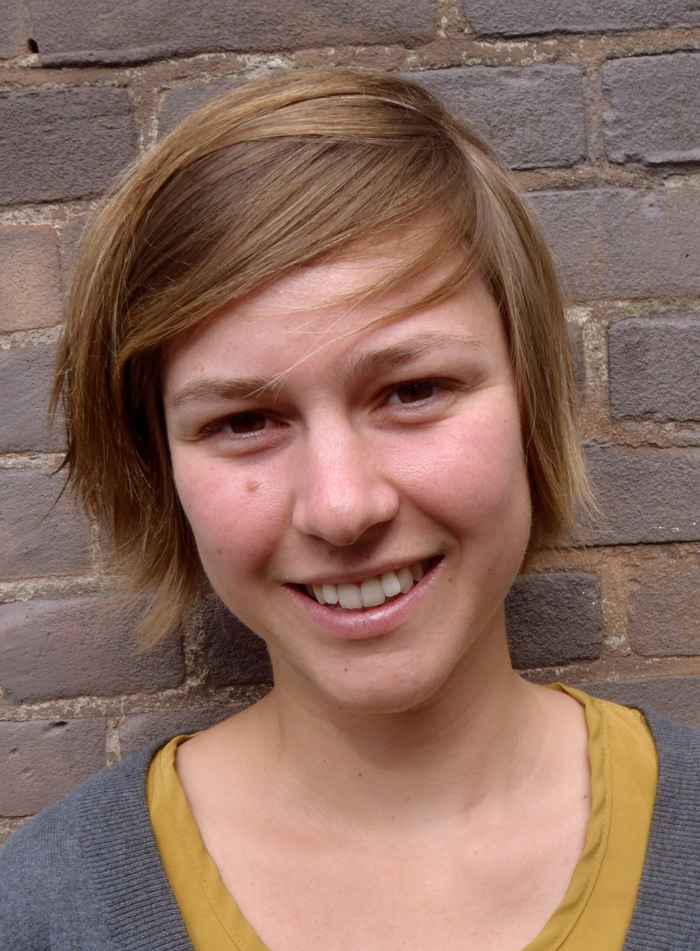Jolien Francken (March 2023 - March 2024)
Assistant Professor in Philosophy of Mind and Neuroscience at Radboud University, Nijmegen

My research
I have a background in Medicine, Philosophy and Cognitive Neuroscience. Before, I worked as a post-doctoral researcher and senior lecturer in Neurophilosophy at the University of Amsterdam, Conscious Brain Lab, and Institute for Interdisciplinary Studies. I obtained my PhD at the Donders Institute for Brain, Cognition and Behavior in Nijmegen. In my research, I aim to advance cognitive neuroscience research as well as its relevance for society by improving the interpretation and translation of experimental findings.
IAS fellowship
What insights from other disciplines can cognitive neuroscience adopt to better deal with the so-called ‘measurement problem’?
The ‘measurement problem’ is a well-recognized problem in the social sciences concerning the conceptualisation, operationalization and measurement of the concept of inquiry. For instance, what counts as ‘religion’ in sociology or ‘unemployment’ in economics? While the measurement problem is recognized in psychology, the more recent discipline of cognitive neuroscience seems to underestimate the problem. This is surprising, because the inferences that can be drawn from neural data depend on the operationalization of phenomena from the social sciences - cognitive capacities in behavioural tasks.
The significance of the measurement problem in cognitive neuroscience is likely to be more visible when it is related to measurement problems in other scientific disciplines. Moreover, I expect there are valuable lessons to learn for cognitive neuroscience from the way other disciplines approach the measurement problem.